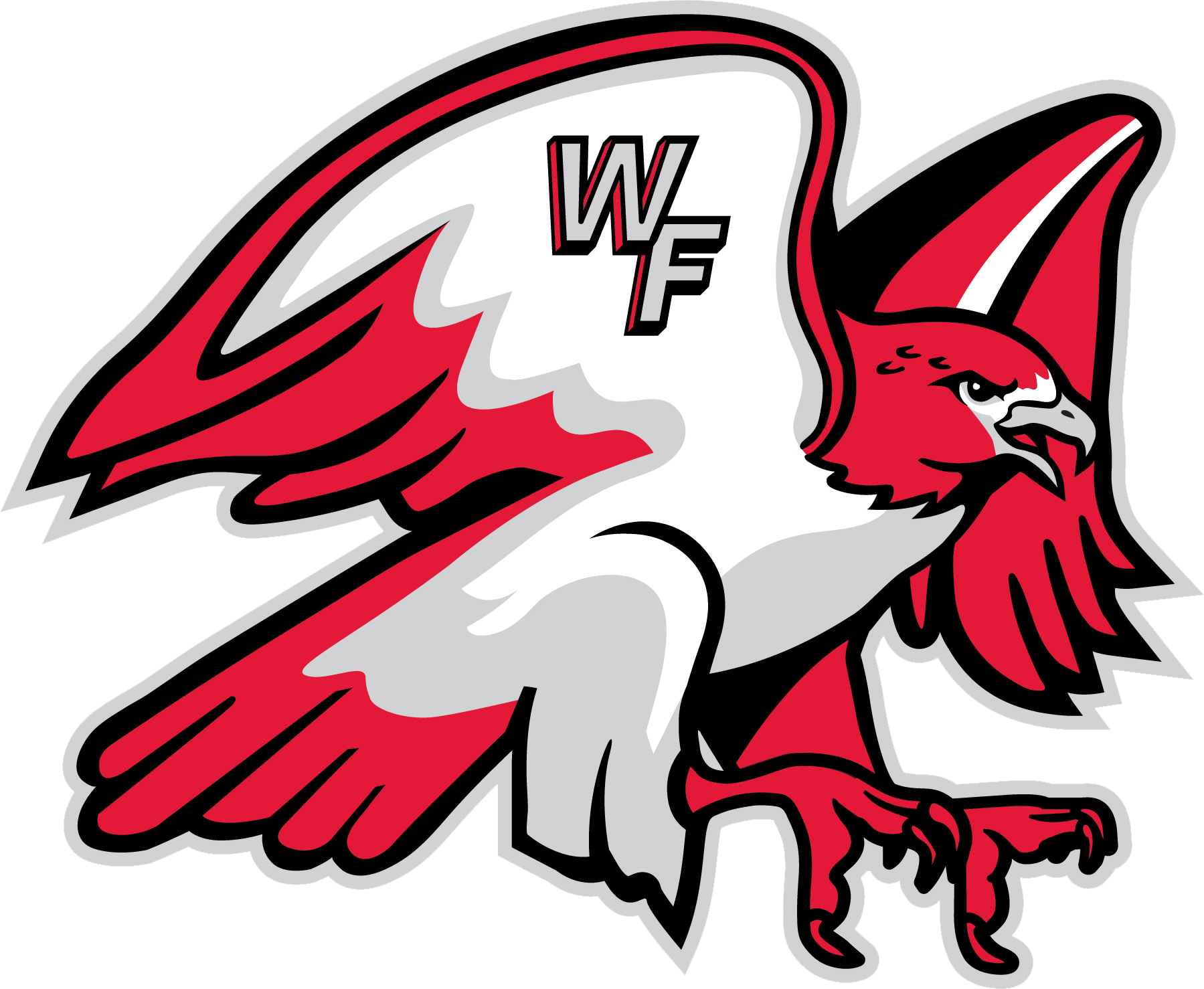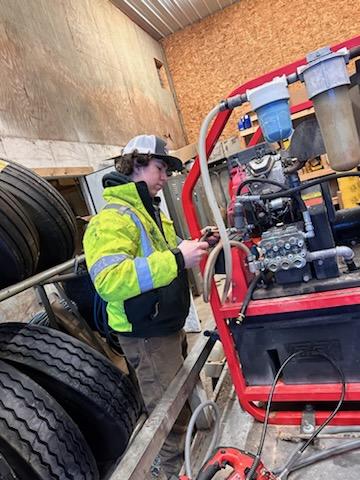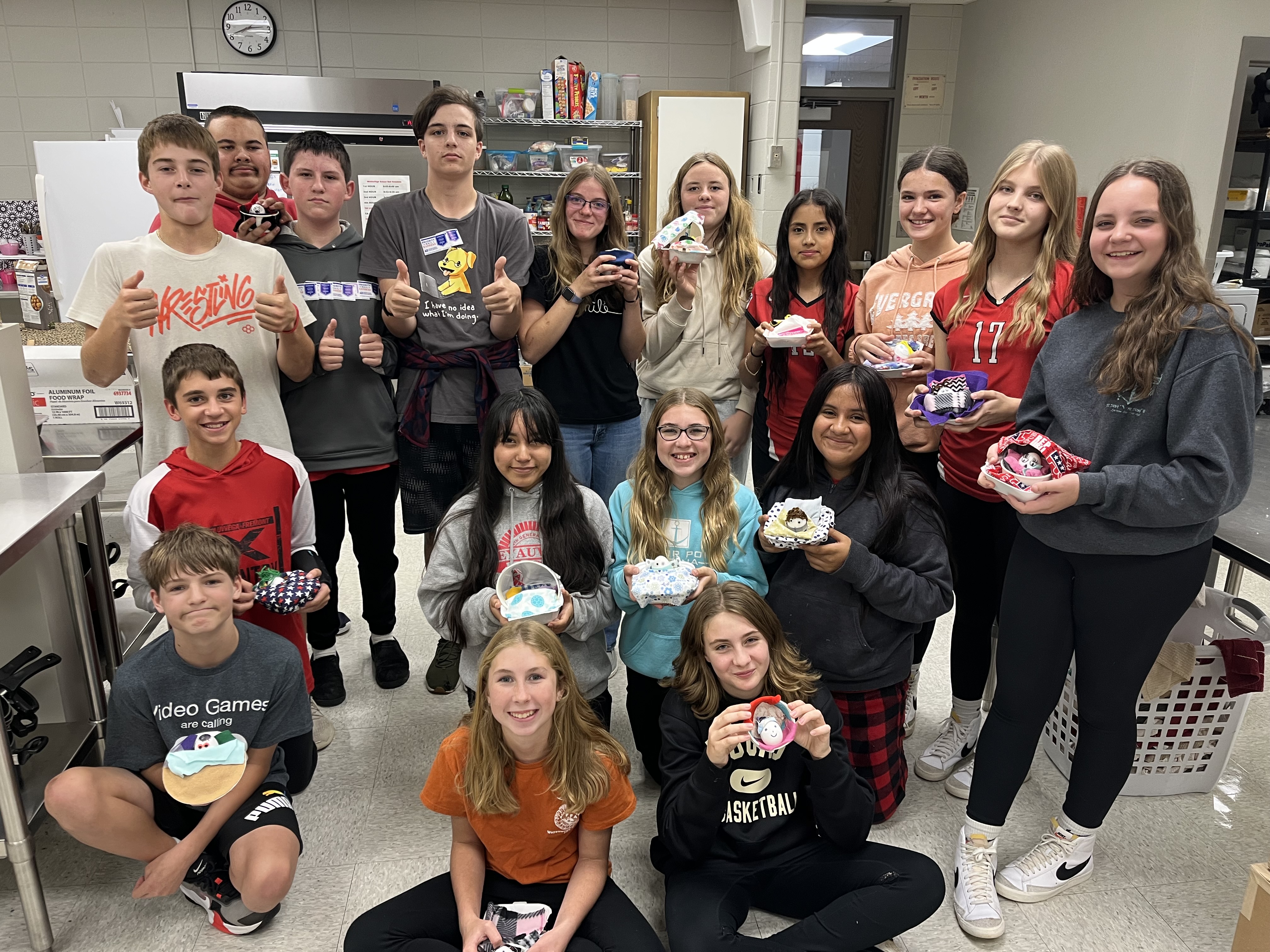Career & Technical Education
WF's CTE program includes agriculture, tech ed, health science, family and consumer science classes and our youth apprenticeship program.
CTE programs can be particularly beneficial. By offering a more practical and skills-focused approach to learning, these programs engage students by showing them the direct relevance of their education to future career opportunities. This can increase motivation and retention rates while also equipping students with valuable skills that can lead to employment immediately after high school or serve as a foundation for further education and training.
Overall, CTE programs play a vital role in not only helping students develop job skills but also in promoting career readiness and bridging the gap between education and the workforce.
Youth Apprenticeship Program
Youth Apprenticeship (YA) is a state-led initiative designed to bridge the gap between education and career by providing high school students with hands-on work experience in various industries. This program aims to prepare students for successful entry into the workforce by integrating academic learning with practical, on-the-job training.
The pathways within Youth Apprenticeship are diverse, encompassing a wide range of industries such as manufacturing, healthcare, information technology, and more. Students have the opportunity to explore their interests and gain real-world skills through a structured combination of classroom instruction and work-based learning. By actively participating in apprenticeships, students acquire industry-specific knowledge, technical skills, and professional competencies, laying a solid foundation for their future careers.
This apprenticeship program serves as a stepping stone for students to achieve career success. It not only provides valuable work experience but also allows participants to establish professional connections and build a network within their chosen field. Furthermore, the skills acquired during the apprenticeship enhance students' employability, making them more competitive in the job market or better prepared for further education and advanced training.
Youth Apprenticeship plays a pivotal role in fostering a skilled workforce, addressing the needs of both students and industries. By creating a seamless transition from education to career, the program contributes to the development of a well-prepared and capable workforce that can drive economic growth and innovation in the state of Wisconsin.
The Youth Apprenticeship Coordinator at Weyauwega-Fremont is Connie Peterson. Currently W-F has 7 Youth Apprenticeship students.
Areas of Study | Pathways |
Education | Early Childhood Education |
Ag & Natural Resources | Animal Fundamentals |
Health Science | Dietary Aide |
Ag & Natural Resources | Large Animal |
Manufacturing | Industrial Equipment |
Agriscience Area of CTE
Classes |
Agriculture Grades 6 and 8 |
Animal Care |
Wildlife |
Leadership |
Foods Courses Include:
Foods 1:
Introduction to cooking/baking
Foods 2:
More advanced course - units on cooking meat, meal planning, create food trucks
Advanced Foods:
Units on Yeast breads, desserts, plating food, etc.
Child Development:
Child Development 1:
Explores the process from prenatal to birth for both mother and child, discussing physical, social, emotional development of infants, toddlers and preschool age children. Students also get the opportunity to take home a RealCare baby
Child Development 2:
This class is for students who plan to go into the field of working with children. We learn about child care options, careers, learn how to develop lesson plans and work with children
Sewing Courses:
Fabric Arts 1:
Independent sewing course
Fabric Arts 2:
For those more advanced in sewing, create class projects, service learning project, more advanced
8th Grade Exploratory:
Students learn teamwork/leadership skills, Child Development (the students take home egg babies), Sewing Unit (they learn hand sewing and machine sewing), Cooking Unit
2 dual credit course through FVTC which are under the Health Science area:
Digital Literacy for Healthcare
Contemporary Practices in Healthcare


